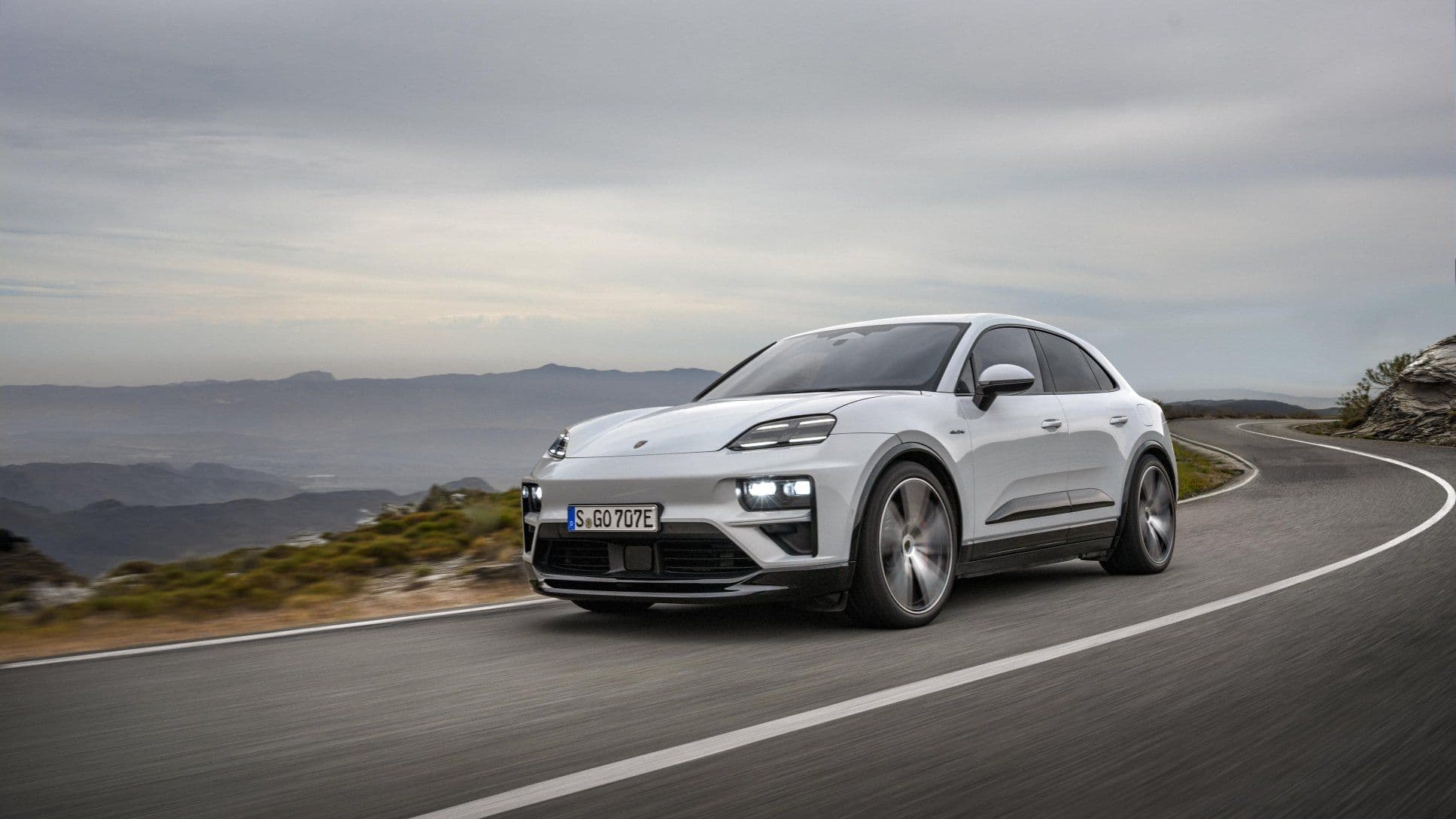Porsche Between Headwinds and Tailwinds: Luxury Manufacturer Struggles with Declining Demand in Europe and China
As the epitome of German engineering and luxurious sports cars, Porsche has always stood for innovation and precision – but the first quarter report of 2025 reveals a concerning downside. Worldwide, the brand's deliveries fell by 8 percent, while demand noticeably decreased in Europe and China. In contrast, the North American market experienced a robust upswing, which, however, cannot compensate for the regional declines.
Contradictory Numbers: A Global Picture
A look at the numbers reveals a contradictory picture: While global deliveries have fallen to around 71,470 vehicles, Porsche saw an impressive increase of 37 percent in North America. A total of 20,698 models were delivered – a surge that gives many industry observers hope for a potential turnaround in an already challenging market. However, in Europe and China, where Porsche has traditionally achieved strong sales figures, orders are significantly declining. Experts attribute this to economic uncertainties and changing consumer preferences, especially as interest in electric vehicles rises in these markets.
Challenges from New US Tariffs
At the same time, new US tariffs complicate the situation further. Starting April 3, 2025, tariffs of 25 percent will apply in the US on imported cars and components. Since all Porsche vehicles are manufactured in Germany, the manufacturer faces the challenge of either absorbing the additional costs or passing them on to consumers. Analysts estimate that this measure could potentially squeeze profits by up to 3.4 billion euros. Surprisingly, Porsche has not yet made any public statements regarding the tariffs – a silence that has puzzled both investors and market observers.
Decline in Europe and China: Multifaceted Causes
The reasons for the decline in Europe and China are multifaceted. In China, a drop of 28 percent last year raised concerns, while European markets are suffering from economic turbulence and intensified competition. An anecdote from Germany, where domestic sales figures had recently been buoyed by a slight increase, might almost seem nostalgic: The German market, long considered a stronghold for Porsche, showed a gain in certain segments recently – but this success could not offset losses in other key markets.
Strategic Considerations and Possible Measures
The strategic considerations that Porsche must now undertake are immense. Some industry experts are already speculating about potential production relocations to the US to circumvent the tariffs. However, this would require long-term investments and restructuring. Alternatively, the company could resort to price adjustments or special promotions to maintain profitability. For consumers and investors, a clearer communication strategy should also be a priority: Porsche's current silence regarding the upcoming tariff regulations creates uncertainties that could influence the pulse of the industry in a sensitive luxury segment.
The Future: Challenges and Opportunities
It remains exciting to see how Porsche's strategic direction will evolve in the coming months. While the North American market offers a glimmer of hope with its unexpected growth, the challenges in the home markets indicate that times are changing. The luxury automotive sector is in a constant state of flux – driven by economic, political, and technological factors. For Porsche, it is clear: Only those who remain flexible and innovative can keep their flags flying high in turbulent times.
Conclusion: A Reflection of Global Market Dynamics
In summary, Porsche's current situation reflects global market dynamics. Declining order numbers in Europe and China, coupled with the new US tariffs, cast a shadow over the traditional business model. At the same time, the upswing in North America shows that opportunities can also arise in challenging times. Observers remain eager to see how the luxury car manufacturer will navigate these challenges and secure its market-leading position in a rapidly changing global environment.

About Kiara
Author at Autark News
